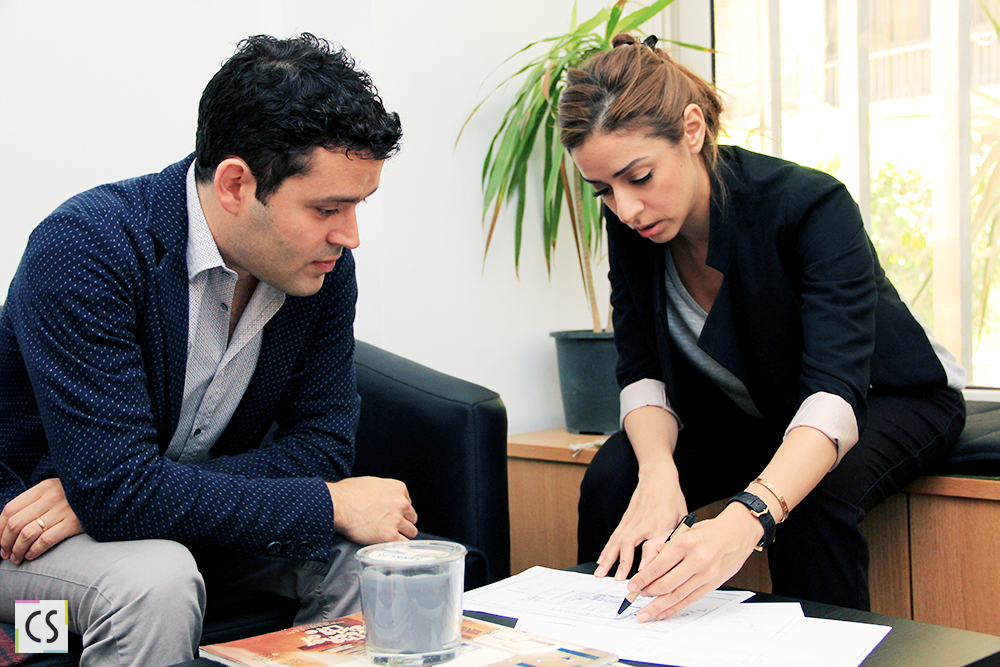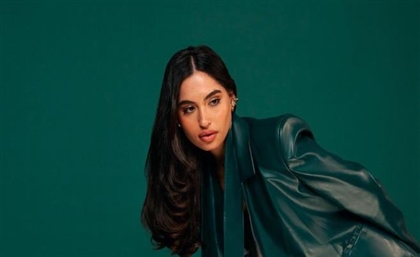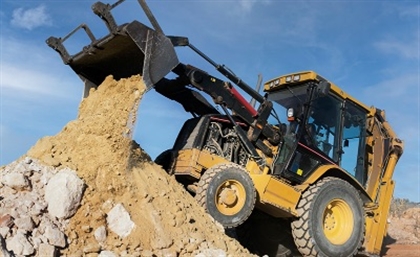Meet Econsult, the Team Designing a Greener Egypt
Egypt is slowly getting on board with going green and leading the way in this endeavour is Econsult, the country's first green building consultancy firm. We speak to this pioneering team on why eco-logical means economical as well...

The office beams with sunlight seeping through the blinds. Every piece of furniture is made of recycled material; the floor tiles taken from a client’s scraps; the chest of drawers was once a bedroom set; the library is an old converted kitchen and even the seemingly sophisticated glass desk is made of what once was a shower panel. Set in a strident congested road in Cairo’s Dokki district, their office is a microcosm of what they do: sustainable architecture in the midst of environmental chaos.
Established in 2014 with mounting experience that extended to their offices the UK, China, and Italy, Econsult is leading a trend that is firmly - and finally - entrenching its roots in Egypt, amassing an impressive portfolio that includes developers, banks, hospitals, coffee shop chains, factories, and hotels.
An advisor to Egypt’s President El Sisi on sustainable development, Sarah El Battouty is the company’s chairman. A determined entrepreneur specialised in Green Design, El Battouty pursued two different masters in Sustainable Development and Rural Project Management, as well as Islamic design. Her partner, Andrea Bergonzini, is an award-winning specialist in energy and environmental design who heads their branch in China. We speak to this vigorous team pioneering Egypt’s green wave on what it means to be green businesses in Egypt...

What do you do and how did you come up with the concept?
Sarah: We do three main things: branding and marketing for green businesses, environmental and energy design guidelines, and architecture. It’s a small artisan practice, we don’t impose our business model on the client but rather tailor different solutions to green businesses. The name is simple: Environmental Consultancy Optimization is ECO and we are certified consultants, hence ECOnsult.
When I came back to Egypt I was trying to understand local needs, so I specialised in project management for rural areas, and that marked a change of focus because I knew that we as architects were becoming isolated in a bubble of lavish, copy-paste design and not really connecting with the masses.
Andrea: We work well as partners because we combine technical know-how with local knowledge. Sarah has worked in the North and South of Egypt and she understands the people, I have worked on all sorts of models and together we always bring our perspective into our consultancy.

Do you think green architecture can work in a place like Egypt?
Sarah: 18% of the world economy is now the green economy, and there are lots of laws coming out in Egypt stipulating that renewable energy should be incorporated in businesses, but it becomes very hard for people to know how to do so. And that´s where we come in. Egypt is moving towards green architecture and companies are beginning to understand that it is cost-efficient and beneficial for their brand. In Egypt we treat 'green' as a foreign western ideology for the privileged, but actually, green lifestyles are very real and practiced; we just don’t like to admit we can learn a lot from indigenous societies.
Andrea: ECO is a term that also means ecosystem. This is basically what we do; we take the concept, develop it, brand it and design in all under one roof. This is economically efficient and keeps the initial idea alive until the end.
What’s your most exciting project at the moment?
Sarah: We are currently working on the design of Egypt’s first Interactive Community Center in Alexandria, which we are aiming to build in 2017. It will have multifunctional rooms to house multi-talented artists, a special area for autistic children, and we also want it to be a hub for NGOs where they can have a Saturday market, and we are hoping for Green Building certification. That all-in-one sustainable model hasn’t been studied in Egypt so far; no business has seen it as a profitable yet community serving project. This is for us is a very personal project, because it can be Egypt’s first green building and might cause inspiration for this to be a prototype and inspire others.

If you had to point out three main challenges in terms of sustainable development in the country, what would they be?
Sarah: One is about our perception: people don’t understand what’s in it for them because they see the wider community doesn’t care about greening spaces. Worldwide, you generally find that people with lower income have a general understanding of sustainability within them, so they recycle more and they use less water because they are aware that resources are scarce. More locally however, we also need to start taking from the Bedouin and nomadic cultures in Egypt, because that is their edge.
Two is about economics: politicians and economists have to come out of their comfort zone and capture the opportunities in the green economy. And the third one is being patient and not falling in the trap of green-washing. The Middle East tends to overdose on trends and then lose interest.

The regional leaders in green building are in the UAE and Qatar, and their developments are linked to a huge influx of capital. How would that be possible in Egypt, where architecture for the poor seems more of an impending need?
Sarah: Development is very case-sensitive. We can take inspiration for Egypt from Singapore, Turkey, Malaysia, China, Brazil - but it is very difficult to take inspiration from a leader like Copenhagen because that’s on another level. Dubai has really created a brand for something green in the Middle East, a region that has been asleep about it; but whether or not it fits into the Egyptian model is very tricky, because Masdar is made for a very specific tenure and niche. The budget is huge too.
Andrea: At a certain point, we can compare different experiences in Brazil or China, but each country has to take its own traditions. In China, for example, sustainability is seen from a very technical perspective because they need to deal with numbers; whereas in the UAE they have a top-notch academic approach. Here, the social behaviour is a critical factor in any design. That’s why we have developed our own guidelines, which relate international codes that are fit for Egyptians, and relevant for their pockets. Green design is about efficiency so it has to be honest and realistic.

- Previous Article Alf Leila Fawazeer Brings Nostalgic Fun Back to Ramadan
- Next Article A Store Fullah Sugah
























